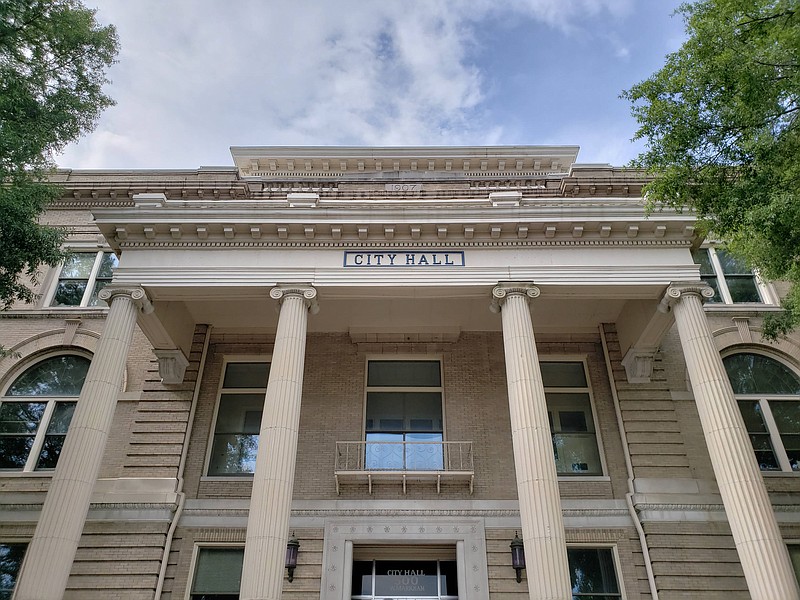Members of the Little Rock Board of Directors on Tuesday approved a resolution adjusting the planned spending of federal stimulus money received by the city, including a $400,000 reduction in the amount set aside for covid-19 prevention and mitigation measures.
As a result of the American Rescue Plan Act of 2021, close to $19 million was disbursed to Little Rock last May. The second half of the city's allocation is expected to be received later this spring.
Little Rock is set to receive the largest share of direct aid among Arkansas cities from the covid-19 rescue package, which President Joe Biden signed in March 2021.
Last August, city officials approved a resolution expressing their intent on how they expected to spend a majority of the first tranche, outlining categories like $3.2 million in bonus pay for certain eligible city workers, $1.5 million on community-violence intervention programs and $3.4 million on cybersecurity and I.T. upgrades.
Two weeks later, they approved another resolution that contained more targets for how to spend the money.
The resolution approved Tuesday amends the earlier resolution adopted Aug. 3.
According to the latest resolution, the city will:
• Decrease spending on covid-19 mitigation and prevention from $700,000 to $300,000.
• Increase spending on Fire Department apparatus from $2.2 million to $2.3 million in order to purchase a pumper truck.
• Decrease spending on one-time bonuses for eligible city employees from $3.2 million to $3,012,655.
At a meeting last week, the city's intergovernmental relations manager, Emily Jordan Cox, told city directors that the $700,000 for covid-19 measures has been used primarily for vaccine incentives at clinics, but officials do not anticipate using the full $700,000.
City-sponsored vaccine clinics offered individuals Visa cash cards in exchange for shots. Recipients were eligible to receive a maximum value of $100.
Likewise, Cox at the meeting last week indicated that the premium pay for eligible employees did not cost the full $3.2 million once bonuses were paid.
Because of the adjustments, the new unobligated balance of the first tranche will increase by $487,345, for a new total unobligated amount of $1,411,156, according to board documents.
